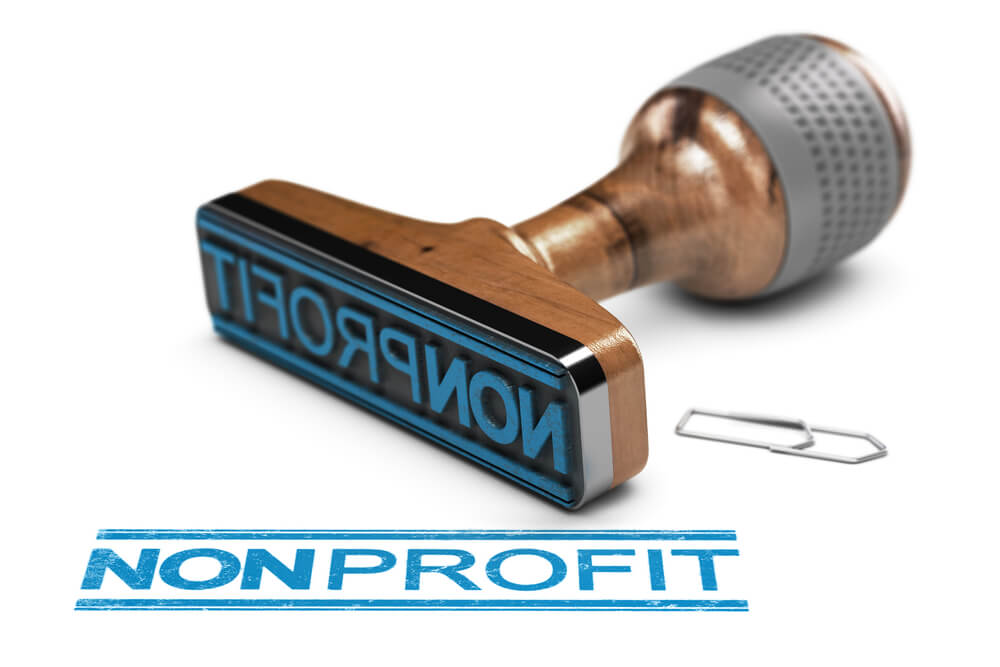Having an independent audit is a significant endeavor. Not only is it an expense, but it also requires a lot of preparation. The auditors will need access to all of the information they need to help them carry out their mandate — that is, examining your organization’s financial records, accounts, business transactions, accounting practices and internal controls to ensure that they adhere to generally accepted accounting principles. At the end of the audit, the auditor is required to note any exceptions in their report and the report must be presented to the board of directors.
To make things go more smoothly for everyone involved in the audit process, it is a good idea to have a plan in place for every step, from determining where the auditor’s workspace will be to understanding the timeframe you and the auditor anticipate. Keep in mind that the auditor must maintain independence as he or she works to understand how your nonprofit works.
Your job is to ensure that everything can go as smoothly as possible. The following four steps will help ensure that everything the auditor asks for in advance will be ready when the audit starts and that any other requests will be answered as quickly as possible:
Step 1: Hold a pre-audit meeting between the auditor and the audit team (i.e., staff who will be working with the auditor and representatives from the board).
This meeting will set the guidelines for the timeline of the audit and the documents that will be needed. The auditor will want to know about any major operational changes, your accounting methods and any areas you think carry special risks. They will also ask about your internal control procedures (e.g., for handling donations or writing checks from the organization to its vendors).
Step 2: Understand what documentation you will need.
The auditors will examine your nonprofit’s financial transactions by testing them. Part of the process is to review underlying documentation. The auditor usually provides a list of documents they’ll need in advance of the audit. (Make sure the documents you collect are the latest available documents.) The list generally includes items such as the following:
- General ledger
- Payroll tax reports
- Year-end reconciliation statements
- Year-end investment reports
- Received and pending grant funds (including all relevant correspondence)
- Received and pending gifts
- Fixed assets and depreciation schedule
- Inventory of physical items that you are intending to sell
- Documentation of all internal control policies and procedures
- Minutes of meetings of the board of directors and committees
- Personnel manual
Step 3: Prepare the documents.
Ensure that the documents are prepared in the auditor’s preferred format — and don’t forget to keep copies of all documents given to the auditor for your records.
Step 4: Ensure availability.
Assign one or two staff members to always be available to the auditor and able to supply any needed documentation.
GAAP requires the auditors to report to the board any “material weaknesses” and significant deficiencies. Accordingly, once the audit is completed, it should be reviewed by senior executives to ensure that the results of the audit are understood and evaluated before they are presented to the board of directors.
To learn more, contact a Not-for-Profit MCB Advisor at 703-218-3600 or click here. To review a summary of recent articles related to exempt organizations, click here. To learn more about MCB’s Not-for-profit practice, click here. To learn more about MCB’s tax practice and our tax experts, click here.
©2019

